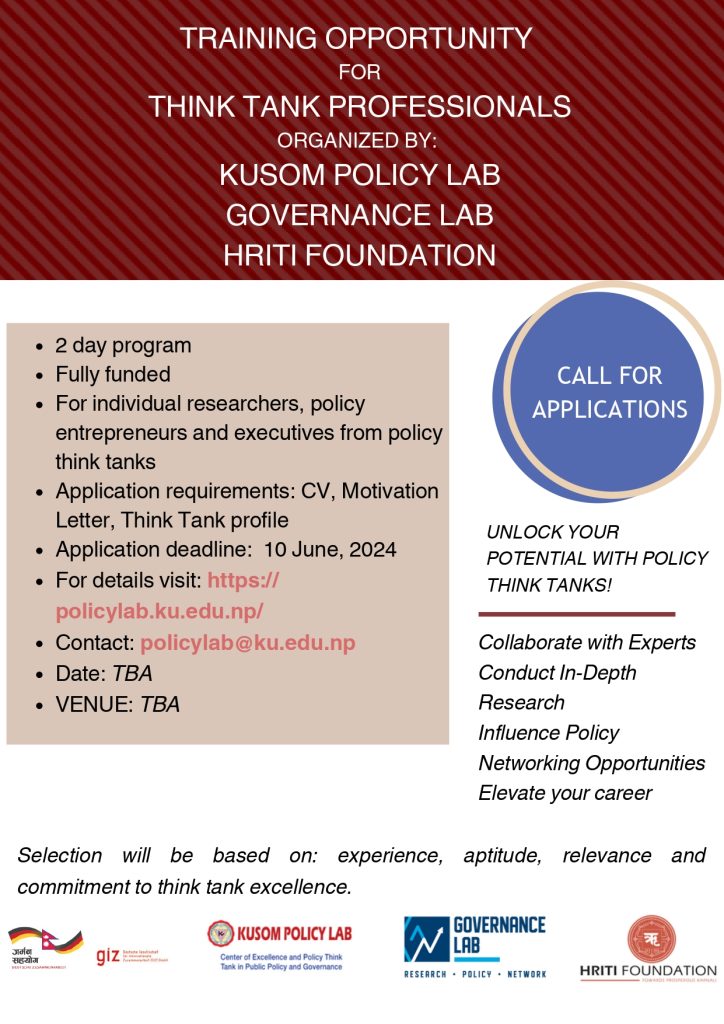The philosophy of John Dewey (Scientific Inquiry) and Paulo Faire (Critical Pedagogy) equips students and faculties to comprehend and analyze how this academic program can contribute to address the aforesaid issues and challenges for state and societal transformation. Critical pedagogy equips students to think differently; not only to memorize (what to do) but also solve (how to do/act) problems themselves. As an outreach of academic program (MPPM), it also employs the globally recognized human-centric design thinking and innovative tool/approach for the ‘Policy Lab’ to ‘Discover, Design and Evaluate (DDE)’ the ways and possibilities of informed and evidence-based policy analysis, and solutions, decision making and implementation for ensuring effective public service delivery. The lab attempts to bridge the gap between academia and public policy mainstream and provides opportunities for students, professors, scholars of each university, and college/campus to undertake research on peoples’ concerns and their livelihood considering Policy Avenue. And, the lab motivates student-led policy engagement in the public domain and thus, this is a key for preparing students, who would be tomorrow’s policy leaders and managers in the public domain and settings. Hence, KU SOM Policy Lab and Policy Outreach Centre would provide ample democratic space with a well-defined path and roadmap to engage with policy ecosystems and stakeholders to understand, design, analyze, evaluate for promising, and convincing solutions. The lab and outreach center provides an opportunity for the campus family and community to deal with the complex public policy, governance, and management issues for informed and evidence-based decision-making. Finally, it would contribute to the connection between University and State Institutions based on the analogy of ‘University for State and Societal Transformation’ at federal, provincial, and local levels. Thus, all these consolidated efforts ultimately are anticipated to contribute (through informed and critical analysis of issues and challenges, creating program, public policy analysis, and management) for transformation of state and society through different levels of University-Community partnership.

